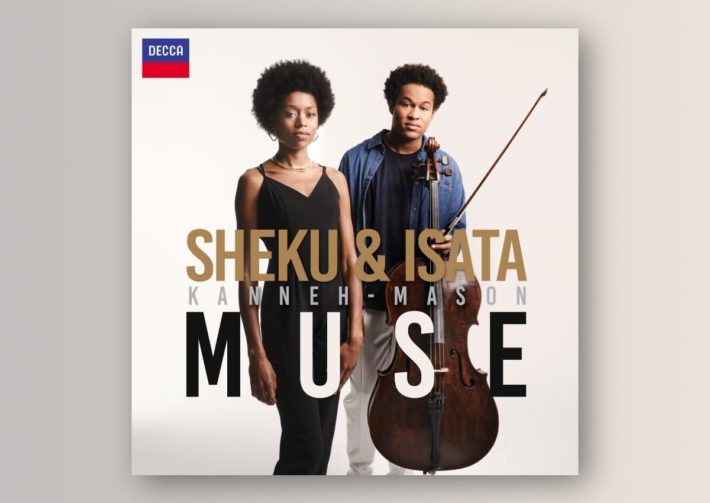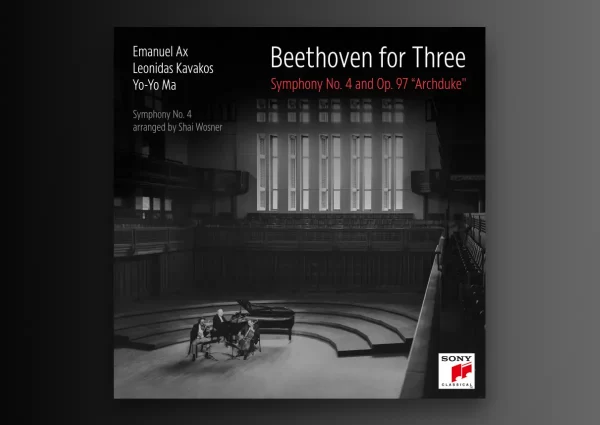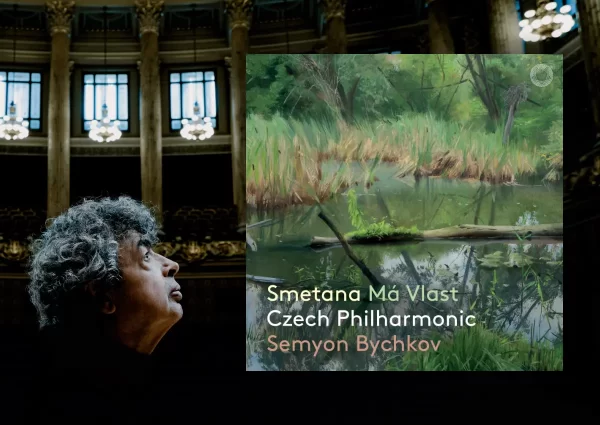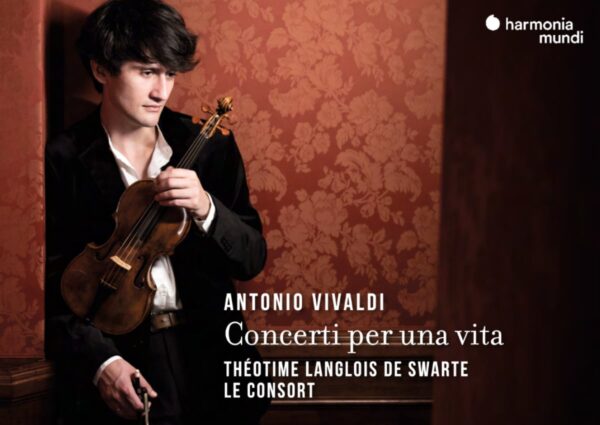Sheku and Isata Kanneh-Mason each have solo releases to their names, but Muse marks their first full album as a duo. The centerpieces – Cello Sonatas by Barber and Rachmaninoff – are works they have performed live on several occasions, including the 2020 Proms. With the hype surrounding their relatively young but already impressive solo careers, I was curious to experience this collaborative endeavor.
A product of Barber’s years at Curtis, the Cello Sonata (1932) finds the composer trying to strike a balance between passionate romanticism and experimentation (something he would eventually achieve and make his signature style). The Allegro ma non troppo (track 1) is mired in an ongoing conflict between anguish and beauty. The duo doesn’t hold back, with an approach as earnest perhaps as the young composer intended. Despite the conviction, something is missing in the effusive moments, which can sound forced at times. The opening hits too fast too soon, lacking the deep, volcanic growth we hear in Christian Poltéra/Kathryn Stott (BIS 2012). The melodic moments do show mature artistry and definitive characteristics we hear on the solo albums. The nuance of the pianist’s mellow tone (2:38), for instance, is a quality immediately apparent in her own performance of the Barber Piano Sonata (reviewed here). And much in the same way, it gives rise to an uneasy yet beautiful eeriness.
The middle movement, on the other hand, is quite successful. There is musicality aplenty in the cellist’s interpretation of the Adagio, where he brings out all the timbres of the instrument; the low tones especially are resonant and warm. He also uses vibrato sensibly to create a natural ebb and flow, increasing its intensity where the phrases peak. The Presto, with flurried shifts between duple and triple meter, requires excellent communication; the performers indeed show an understanding of each other here. For all the existing rhythmic instability, the back-and-forths are seamless and also exude a whimsical playfulness.
Where the first movement of the Barber envelops us with intensity from the get-go, the Lento-Allegro Moderato (track 11) of the Rachmaninoff Cello Sonata takes a longer route: what accompanies the compositional lyricism throughout is also a sense of nobility, which the performers capture nicely. Variety is at the heart of this movement as well, as different characters and textures build a dynamic narrative. The interpretation certainly takes this into account: the section that begins at 2:22 is not only meditative but also plays to the mystery of the interplay between major and minor. In stark contrast is a more urgent section at 7’07”, driven by the pianist’s admirable clarity.
Related Classical Music Reviews
- Review: Elgar – Cello Concerto – Kanneh-Mason, Rattle
- Review: Beethoven – Complete Cello Sonatas – Ma, Ax
- Review: Franck and Chopin – Cello Sonatas – Capuçon, Wang
The Allegro Scherzando (track 12) shows good rhythmic control; but given the electrifying Rostropovich/Dedyukhin version (1967), the Kanneh-Masons sound cautious. I also found the string’s two-note phrases, central to the simmering fury, more effectively managed by Rostropovich. The exuberant finale, too, needs more energy: it’s not an issue of sound or loudness, but there seems to be a restrained and slightly heavy feel. One might refer to Mørk/Thibaudet (1996), which supplies a jubilant and powerful conclusion befitting of the Sonata’s compositional grandeur.
The songs, like the sonatas, have beautiful sound quality and polish but some need more depth. There’s Nae Lark (track 4) invites us in with the cello’s lovely sostenuto phrases, but a greater sense of longing might convey the song’s message even more vividly. The Muse (track 10), arranged by the cellist himself, is much more satisfying in this regard and one of the best selections on the album: the delicate piano opening evokes the tolling of faraway bells, which we hear sprinkled throughout. The cello’s melodic line is at times passionate, pleading, and even raw but can also be gentle and wistful.
The programming is well conceived: the songs are a well-chosen companion to the sonatas, offering balance and perspective. The liner notes, unfortunately, are far too scant – while there is some helpful commentary from the performers, the descriptions offer only a cursory introduction for the inquisitive listener. As for the sound engineering, the mic placement of the cello occasionally feels up-close, but a reasonable balance is maintained to allow the piano’s nuances to come through.

Muse
Sheku Kanneh-Mason – Cello
Isata Kanneh-Mason – Piano
Decca, CD 4851630
Recommended Comparisons
Read more classical music reviews or visit The Classic Review Amazon store
Follow Us and Comment:
Get our periodic classical music newsletter with our recent reviews, news and beginners guides.
We respect your privacy.








